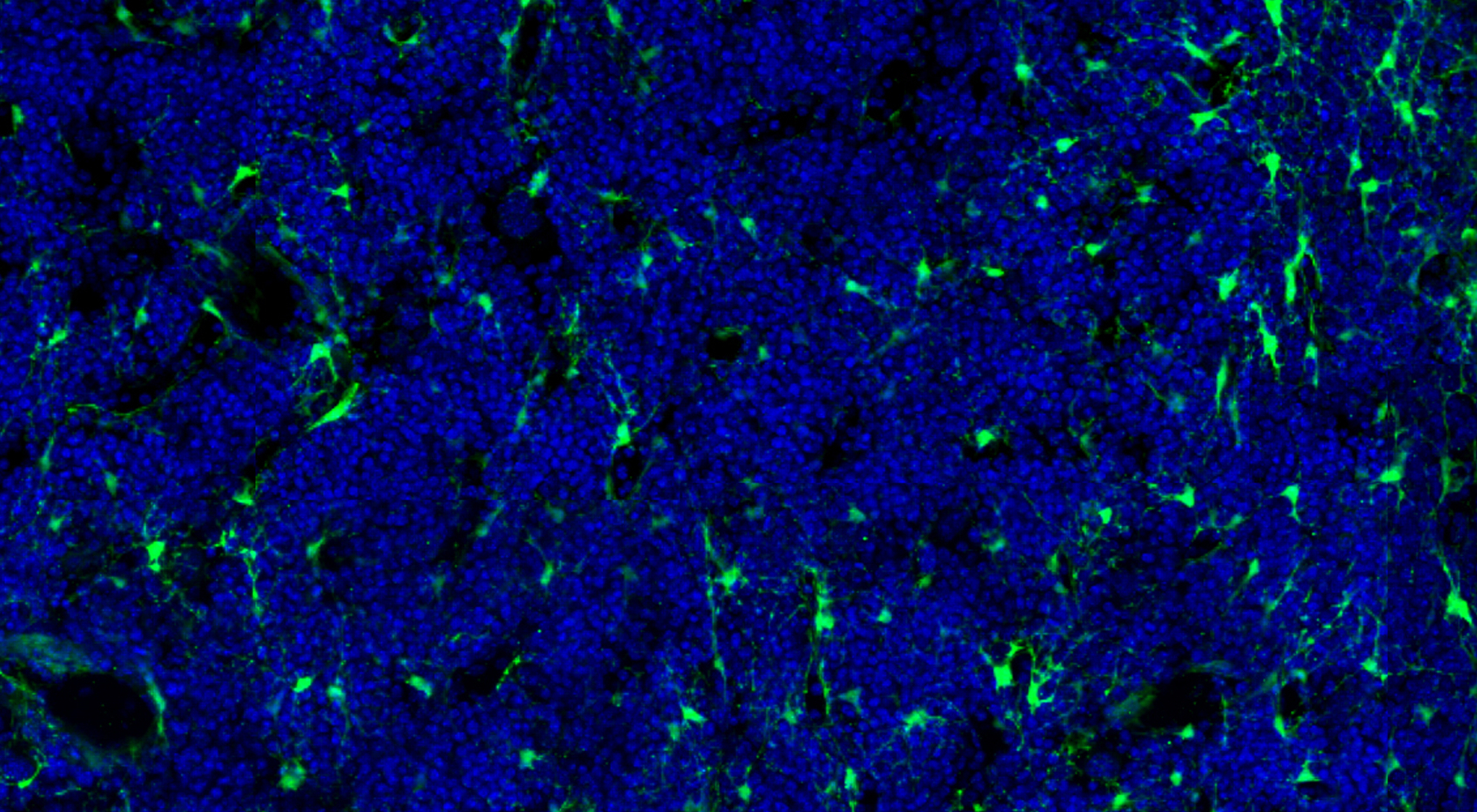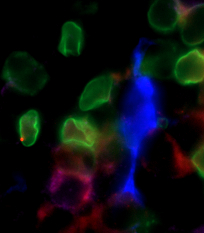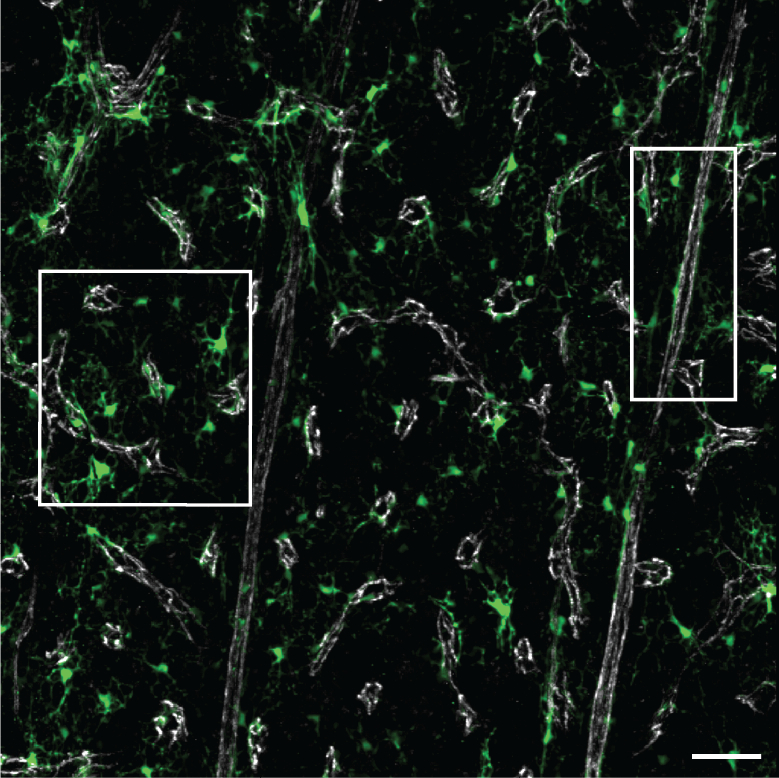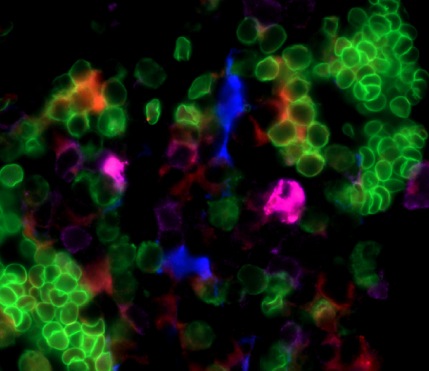Our research is focused on the biology of B cells, a fundamental player of adaptive immunity.
B cells develop from hematopoietic stem cells (HSCs) in specialized microenvironments in the bone marrow, named stem cell niches. Stem cell niches are best known for their role in the maintenance and differentiation of HSCs due to their capacity to produce cytokines and chemoattractants such as Stem Cell Factor and CXCL12. Besides these two important cytokines, stem cell niche cells produce cytokines that are important for lymphopoiesis, most prominently IL-7, and also IL-15.
This unique combination of cytokines and chemoattractants makes bone marrow stem cell niches essential for maintaining memory T cells and long-lived antibody producing cells (i.e. hallmarks of adaptive immunity). Our laboratory is specifically interested in understanding the molecular cross-talk between HSCs, MPPs, B and T cells, and stem cell niche cells.
Our long-term goals are to make impactful discoveries on the basic understanding of immune cell development, differentiation, and regulation, and in this process reveal novel therapeutic targets and/or strategies for treating B cell-mediated autoimmune diseases, malignancies, or immune deficiencies. Work in this laboratory is in frequent interaction with investigators in the Yale Cancer Center and Yale Stem Cell Center.
Gallery






